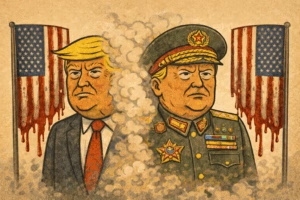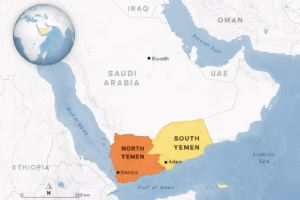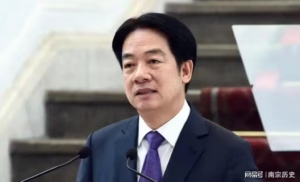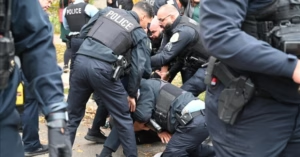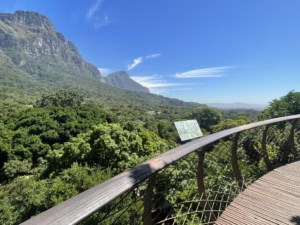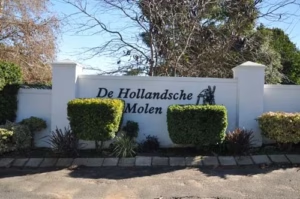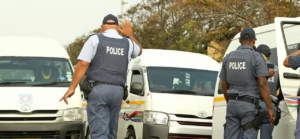The African National Congress (ANC) is vocally challenging the Western Cape government’s proposed Provincial Powers Bill, labeling it as a deviation from constitutional norms.
“We urge the people of the Western Cape to rise and reject the Western Cape Powers Bill and align itself with the principles of our Constitution, for the betterment of all its citizens,” the ANC stated.
The bill, championed by Premier Alan Winde and the Democratic Alliance (DA) that leads the Western Cape government, is seen as a move towards federalism within the province. It aims to transfer certain national government functions, such as public transport, policing, trade (including international trade and harbours), electricity generation and transmission, and water provision, to the provincial government.
Countering Accusations of Apartheid Revival
The DA, through spokesperson Richard Newton, refuted allegations linking the bill to apartheid-era policies.
“This is nothing more than an attempt by the ANC to deflect from its own horrific track record,” Newton expressed, emphasizing the DA’s historical opposition to apartheid and its commitment to effective governance.
Newton accused the ANC of using fear-mongering tactics, asserting the DA’s proficiency in governance where it holds power.
Pros and Cons of the Bill
The DA believes the bill is essential for enhancing service delivery in the Western Cape, particularly to address ongoing issues like power cuts and water shortages. On the contrary, the ANC views the bill as a regression, potentially reviving discriminatory apartheid policies.
“The Western Cape Powers Bill is nothing more than a ploy to revive and reintroduce the discriminatory policies of apartheid, which segregated South Africa along racial and tribal lines by creating Bantustans,” the ANC claimed in a statement.
Legal Scrutiny
Legal opinions solicited by the ANC indicate that the bill might be constitutionally flawed:
- It allegedly violates the Constitution, as the Western Cape Provincial Legislature is not authorized to develop or enact such a bill.
- The bill lacks a constitutional basis for its legislative authority, rendering it potentially illegitimate.
The ANC criticized the DA-led government’s continuation of public hearings on the bill as an unconstitutional act aimed at pleasing anti-constitution supporters.
Broader Political Context
This debate occurs amidst suggestions by former president Jacob Zuma to reduce the number of provinces to four, a move seen as a counter to potential Western Cape independence. Zuma accused the white population of using the DA to claim the Western Cape as their territory.
The ANC maintains its commitment to fighting for a unified, constitutional South Africa, standing firmly against the proposed bill.


